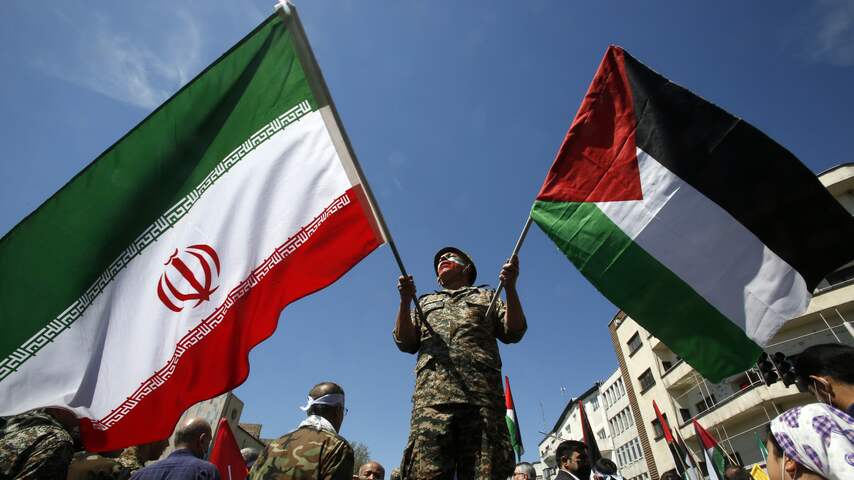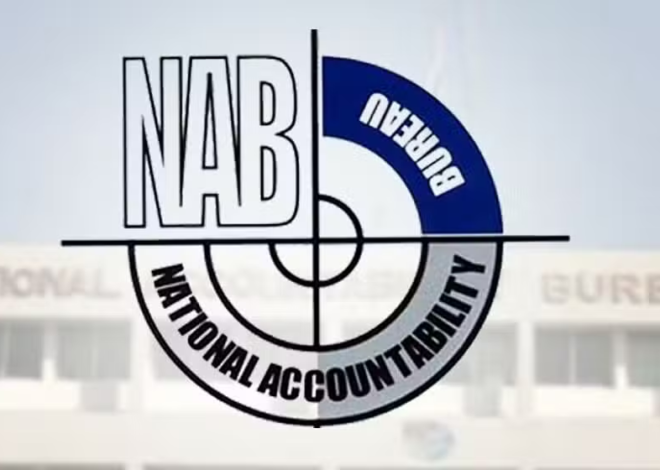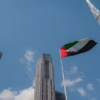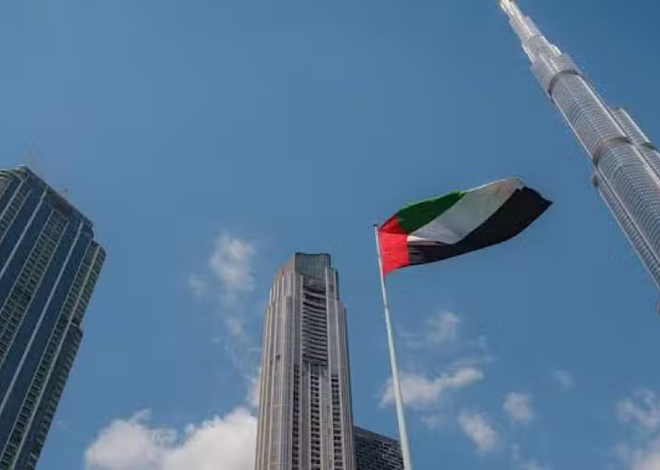
Iran warns Israel against retaliation
In a volatile turn of events, Iran has issued a stern warning to both Israel and the United States following its recent drone and missile attack on Israeli territory. Despite intercepting most of the incoming projectiles, Israel remains on high alert as Iranian officials caution of a stronger response should retaliation occur.
The attack, which Iran claims was an act of self-defense, follows Israeli strikes on its consulate in Syria earlier this month. Israeli Prime Minister Netanyahu assures resilience, vowing to continue the campaign against perceived threats. Israeli Defense Minister stresses preparedness for any scenario despite thwarting the recent attack.
Amidst escalating tensions, global powers and Arab states urge restraint to prevent further escalation, while Turkey voices its desire for regional de-escalation.
The situation has led to economic repercussions, with Iran’s Revolutionary Guards seizing an Israel-linked cargo ship in the Strait of Hormuz, heightening concerns about the stability of global trade routes.
Furthermore, the conflict between Israel and Hamas in Gaza has expanded to involve other groups in Lebanon, Syria, Yemen, and Iraq. Hezbollah’s rocket fire prompts Israeli strikes deep inside Lebanon, exacerbating the already tense situation.
As the world watches with bated breath, the UN Security Council plans to convene to address the escalating crisis, while US President Biden pledges support for Israel but opts for diplomatic coordination with Western allies.
With the specter of open warfare looming, the region braces for potential further escalation as Iran, Israel, and their respective allies remain entrenched in a precarious standoff.







